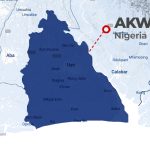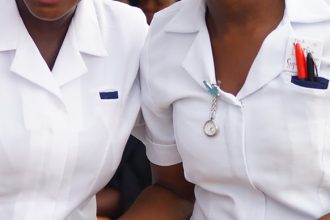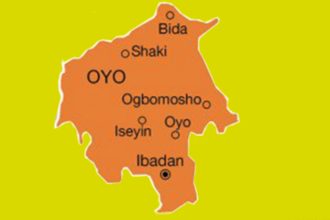The World Health Organization has launched a new program to provide free cancer medicines for children in low- and middle-income countries, aiming to improve survival rates.
In a statement on Tuesday, the WHO announced that the first shipments of these medicines have been sent to Mongolia and Uzbekistan. More deliveries are planned for Ecuador, Jordan, Nepal, and Zambia as part of the pilot phase.
The program is expected to benefit around 5,000 children with cancer this year, covering at least 30 hospitals in the six countries.
“Countries in the pilot phase will receive an uninterrupted supply of quality-assured childhood cancer medicines at no cost,” the WHO said.
Childhood cancer survival rates in low- and middle-income countries are often below 30 percent, compared to about 80 percent in high-income countries.
“For too long, children with cancer have lacked access to life-saving medicines,” said WHO Director-General, Tedros Adhanom Ghebreyesus.
The WHO has invited six more countries to join the program, with a goal to expand to 50 countries in the next five to seven years. The plan aims to provide medicines to around 120,000 children globally.
Every year, an estimated 400,000 children worldwide are diagnosed with cancer, with most of them living in resource-limited settings.
“It is estimated that 70 percent of the children from these settings die from cancer due to factors such as lack of appropriate treatment, treatment disruptions, or low-quality medicines,” the WHO noted.
The program will continue to offer free medicines beyond the pilot phase, with efforts underway to ensure its long-term sustainability.
This initiative is a partnership between the WHO and St. Jude Children’s Research Hospital in Memphis, Tennessee, USA. St. Jude has committed $200 million to support the program’s launch.











